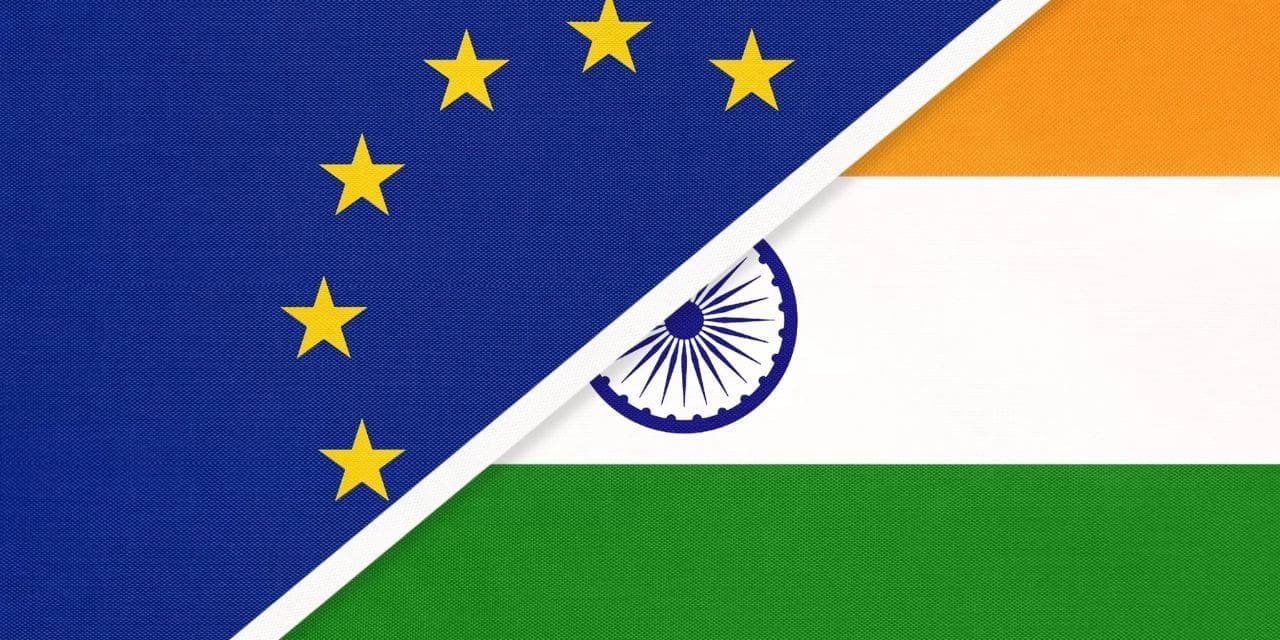According to a government official, India will respond against an EU law if it is used in response to an Indian appeal against a decision on ICT tariffs at the dispute settlement panel of the World Trade Organisation (WTO). The rule permits the EU to terminate concessions and apply trade restrictions.
The faulty dispute settlement panel of the WTO determined that India’s tariffs on mobile phones and electronic parts violated the General Agreement on Tariffs and Trade. These conclusions were reached following the EU’s 2019 WTO panel summons of India about the ICT issue.
The panel’s inability to fill vacancies on the WTO Appellate Body has hindered its ability to settle trade disputes, leading to an increase in hostilities between WTO members. members.The EU’s 2021 modifications to the EU legislation on trade enforcement will give it the authority to change trade concessions made against other countries, according to Pradeep S. Mehta, Secretary General of CUTS International, a group that works on international trade issues.
The implementation of quantitative limits, the suspension of concessions, and the exclusion from public procurement are all examples of trade retaliation. However, it is questionable how much the EU can decide unilaterally regarding the severity of trade retaliation, according to Mehta.
Menta did, however, emphasise that the WTO context does not intend for trade penalties or retaliation to have a punitive intent. They solely aim to ensure adherence to a court order. The regulation in the EU is conceptually similar.
According to experts, the recently established EU-India Trade and Technology Any escalation at this point would be unwise, and continuing FTA negotiations must not be allowed to be derailed by it. Council can serve as a venue for discussions.
Notably, the WTO tribunal acknowledged that India has already granted duty-free status to two tariff item products.Mehta proposed that efforts might be made to reach a consensus over the tariff treatment of the remaining goods within the ongoing India-EU FTA negotiations.
The WTO panel’s conclusion, according to an earlier Mint story, won’t have much of an impact on India’s ICT imports because the EU only accounted for 3.03% of all Indian ICT imports in 2022, which is about equivalent to $550 million.
India has also reduced its tariff rates to 0% with regard to two since February 2022, of the contested goods, namely, headphones/earphones and electric converters.

